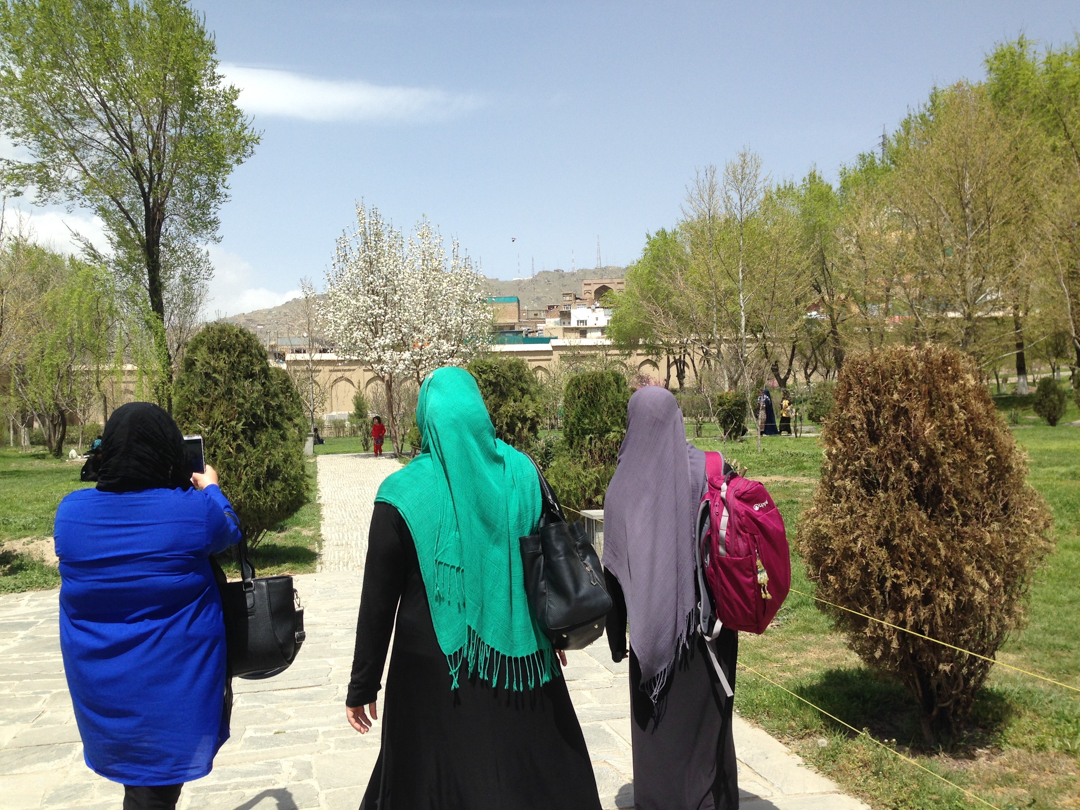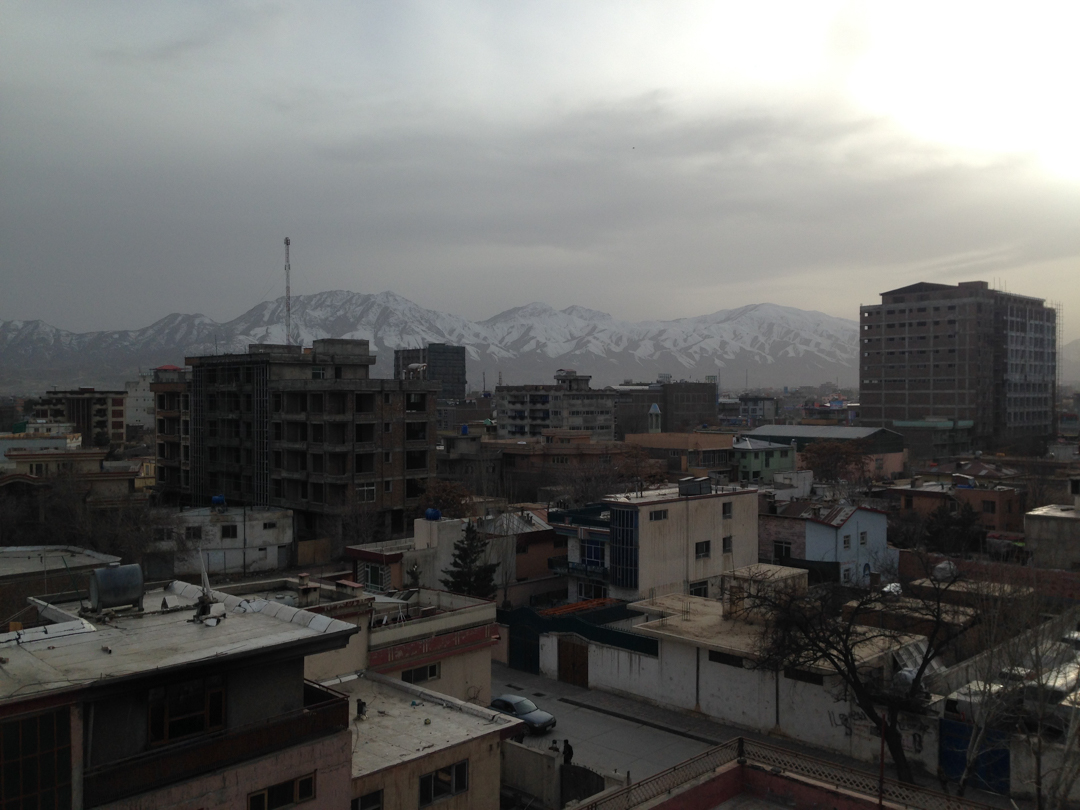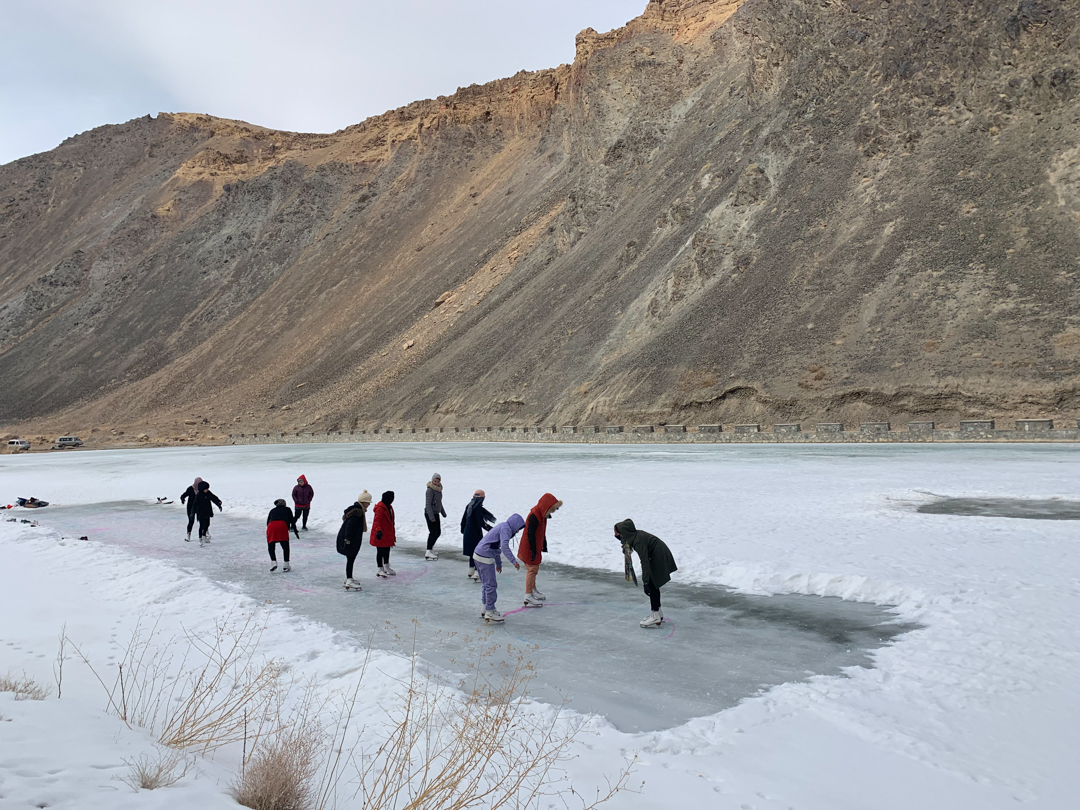 Just over a month ago, women in Kabul were free to take themselves to school, go for a bike ride with friends, or eat out at one of the delicious restaurants in the city. Fast forward to the present day and women are burning their degrees, hiding their sporting and music equipment, and deleting files which could implicate them in being part of the educated class.
Just over a month ago, women in Kabul were free to take themselves to school, go for a bike ride with friends, or eat out at one of the delicious restaurants in the city. Fast forward to the present day and women are burning their degrees, hiding their sporting and music equipment, and deleting files which could implicate them in being part of the educated class.
As a researcher investigating women’s participation in sports in Afghanistan for my master’s degree, and as someone who has spent time in the country, this sudden takeover by the Taliban came as a complete shock. Not only was it surprising to myself, but to my Afghan friends who were forced to live through the horrors in real time. Many of them had not experienced the Taliban’s rule themselves, but the collective trauma from those years hung like a cloud over every woman’s head. Now they are forced to live out these nightmares in real time.
What the Taliban are now claiming — while the world’s spotlight is firmly focused on them — is that women’s rights will be honoured under Islamic law. Many people wonder what that means, and if the Taliban has changed from its past policies. But for the Afghan people (and women in particular) the future is crystal clear — the Taliban are built on oppressing half the population through ruthless rule with no respect for the well-being of women.

In a document given to me by a confidential source working in the country, in November 2020 the Taliban — or the leadership of the newly conquered Islamic Emirate of Afghanistan — released a document outlining the criteria for non-governmental organizations (NGOs) and charities operating in the country. Regarding women’s rights, the Taliban outlined:
“NGOs who take women out of their homes in the name of women’s economic empowerment, education, and sports programmes … are in no way acceptable … The [Taliban] is responsible for taking the necessary measures to prevent it.” The Taliban’s statement runs contrary to everything the Afghan people, the international community, and countless dollars — both aid and military — have worked toward. At least $955 billion USD was spent in military expenditures and reconstruction projects by the U.S. Department of Defense alone from 2001 through 2020.
Turning to history, we can see what happened to women (and men) under Taliban rule. Afghanistan regressed in many development indicators, citizens reported they lived in abject poverty and most people lived with severe mental health issues. This information is only derived from the limited studies conducted throughout this period (as only a handful of researchers were able to access the country) and before the advent of the smartphone. One can only imagine the true extent of what occurred and remains undocumented from those troubled times.
 Now, it is evident that the Taliban intend to hold true to their warning of banning women from participating in sports. Most Afghan people, though, have no moral objection to women’s participation in life outside of the home, including sports activities. It would seem the main fear is the potential harm that could befall the girls who participate in sports. The Taliban claim this is to prevent any behaviour which could expose women in ways that could be contrary to the Taliban’s interpretation of Islam and how women should conduct themselves in light of this interpretation. The Toronto Star reported that “the Ministry of Women’s Affairs has been replaced with a ministry for the ‘propagation of virtue and the prevention of vice.’” Virtuous women would, in the Taliban’s eyes, limit their dress, their behaviours (such as visiting friends in public, attending school, or going to the salon) and would serve men. For example, when I taught ice skating in the central mountains of Afghanistan and proceeded to do a figure skating trick, local men told me that my trick was impressive because I do it while serving tea. This anecdote highlights how entrenched the gender roles in Afghanistan are, and these roles are even more rigid according to the Taliban.
Now, it is evident that the Taliban intend to hold true to their warning of banning women from participating in sports. Most Afghan people, though, have no moral objection to women’s participation in life outside of the home, including sports activities. It would seem the main fear is the potential harm that could befall the girls who participate in sports. The Taliban claim this is to prevent any behaviour which could expose women in ways that could be contrary to the Taliban’s interpretation of Islam and how women should conduct themselves in light of this interpretation. The Toronto Star reported that “the Ministry of Women’s Affairs has been replaced with a ministry for the ‘propagation of virtue and the prevention of vice.’” Virtuous women would, in the Taliban’s eyes, limit their dress, their behaviours (such as visiting friends in public, attending school, or going to the salon) and would serve men. For example, when I taught ice skating in the central mountains of Afghanistan and proceeded to do a figure skating trick, local men told me that my trick was impressive because I do it while serving tea. This anecdote highlights how entrenched the gender roles in Afghanistan are, and these roles are even more rigid according to the Taliban.
Some policies the Taliban and their members have endorsed include banning girls from attending high school, child and forced marriage, women being fully covered in public, and requiring a male chaperone to move around outside the home. This will undoubtedly prevent women from accessing necessities such as medical care or participating in the workforce.
Taliban rule will have disastrous effects on the physical and mental health of the people, never mind the economic potential of the country. For many women, sports and educational activities provided a unique place to grow and develop as contributing members of society. Throughout my research, when asked why they participate in sports, women spoke of how proud they were to represent their country, learn new skills, and grow in confidence. These opportunities have presently evaporated.
Despite a 2019 survey in which 85 per cent of Afghans stated they have no sympathy for the Taliban, the remnants of Taliban rule swirled around the women of Kabul before the recent takeover. Some people held critical and harsh attitudes toward women’s education and sports, while others praised the women for their strength and bravery. Women had to be careful, nimble, and diligent to participate in their various activities, but some could find ways to successfully navigate the barriers. Women felt motivated when men on the street gave them words of affirmation and encouragement. Now, the women will bear a burden too great and too dangerous to continue in these activities. One woman put it quite succinctly during my research — under Taliban rule “we are not living, we are just alive.”

Article 22 of the Afghanistan Constitution states that “the citizens of Afghanistan, man and woman, have equal rights and duties before the law.” This is most certainly a provision which the Taliban will not respect. The time is now to support Afghan leaders, such as Fawzia Koofi and Dr. Sima Samar, who are rising up in condemnation of the Taliban. It is also imperative to support NGOs who work with women in sports and education, such as Free to Run, which is supporting women athletes and also providing valuable life skills training for women.
We know what to expect from the Taliban regarding their treatment of women. The one strength women may have to leverage is that because of the Taliban’s rigid beliefs about gender norms, women, and particularly women working together, can be much stronger than the Taliban could ever imagine. The international community must support women, condemn the Taliban, and never give up fighting for women’s futures. As one woman told me in my research, “if we have peace, we can do anything.”
Images: Chelsea Novakowski & Taylor Smith
UFV Graduate and current MA student at the Institute of Development Studies. Ambassador for Afghan based organization Free to Run.


